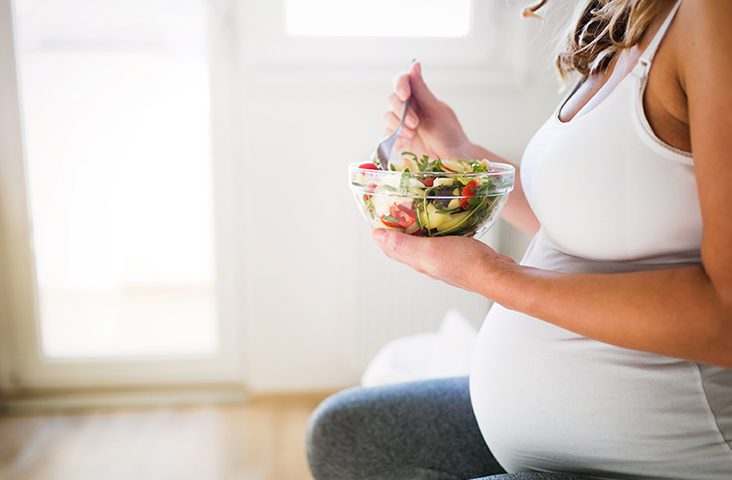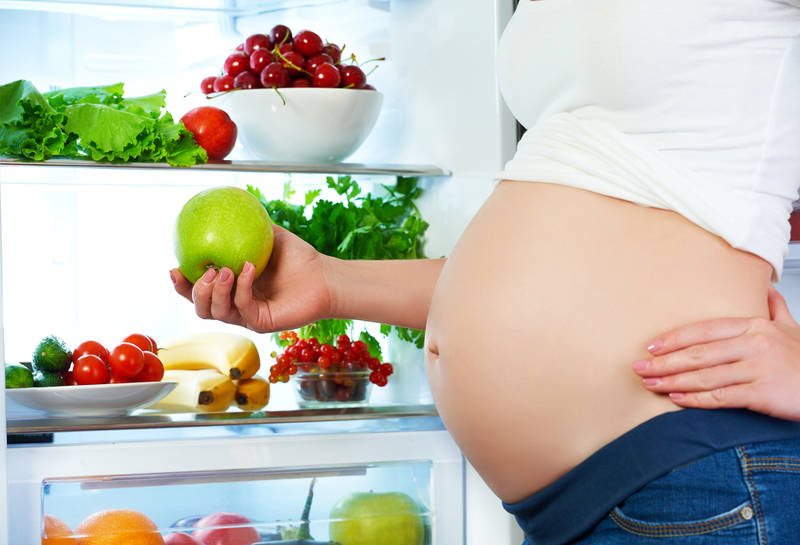”Fiber” is one of the food groups that we have heard a lot about in recent years. The main source of fiber, which is abundant in cereals, legumes, vegetables and fruits, is the plant cell wall and storage polysaccharides. The digestive system slows down during pregnancy, so complaints about the digestive system are common. Fiber foods, which have a great effect on the digestive system, provide benefits in many different areas from weight loss to constipation, and are also effective in a healthier pregnancy period. Fibrous foods are divided into two different groups: water-soluble and water-insoluble.
Water Soluble Fiber
In the digestive system, water-soluble fiber foods are absorbed by the intestines and take the consistency of gel. Foods that take on a gel-like consistency slow down the digestive system, which leads to a prolonged feeling of satiety. This reduces the desire to overeat, making it easier to control weight. They also slow digestion and reduce the frequent blood sugar fluctuations after meals. Some of the water-soluble fiber foods are as follows;
- Whole grains
- Fruits : Pear, prune, peach, apple, banana
- Vegetables : Brussels sprouts, carrots, broccoli
Foods with water-insoluble fiber
Foods with water-insoluble fiber travel undigested through the intestine, helping it to function properly and preventing constipation. They also prolong satiety and facilitate weight loss. Some of the foods with water-insoluble fiber are as follows;
- Fruits : Crusted and stone fruits
- Vegetables : Turnip, beetroot, cauliflower, cabbage, green leafy vegetables, cucumber
How Should Fiber Consumption Be During Pregnancy?
Every person, pregnant or not, needs a certain amount of fiber per day. In addition to supporting the digestive system, fiber consumption reduces the risk of colon cancer and plays an effective role in regulating blood glucose levels in diabetic people. You can consume an average of 25 to 35 grams of fiber daily during pregnancy or during normal times. Consuming more fiber than this ratio can lead to diarrhea and bloating, so you can continue your fiber consumption by finding a ratio suitable for your own body balance. Fiber foods provide the necessary vitamin and mineral support during pregnancy, as well as ensuring the regular functioning of the intestines, preventing constipation and helping to have a more comfortable pregnancy period.







